By Rebecca Lessner
For the MarylandReporter.com
Two freshmen delegates are attempting to bring more democracy to the people by passing legislation that would allow voters to choose their own representative when there is an unexpected vacancy in the U.S. Senate or Maryland General Assembly.
Del. David Moon, D-Montgomery County, introduced HB 595 Wednesday to the Ways and Means committee. It would allow voters to have a say in who represents them in the the United States Senate.
“I would argue the U.S. Senate — you know we have only two senators from Maryland — this is one of the most important positions we are electing,” said Moon.
The governor would still make an interim appointment if there was a vacancy, as is current law, but then he would then have to call a special primary election between 60 and 90 days after the vacancy occurs. After the primary, the governor would then call a special general election within 60-90 days.
One stipulation would a special election unnecessary if a vacancy happened within 60 days of a regular election. Moon encouraged the delegates to be flexible with this number as they proceed with the bill, as some states take the 60 days up to one year, saying “if it’s not worth the cost,” then why bother?
Costs $1 million
The cost will be more than $1 million for the state’s share of voting system costs for one primary and one general special election, according to the Department of Legislative Services.
Moon was not deterred by the numbers, “the last vacancy was in 1912, over 100 years ago. As such, any appropriations would be exceedingly rare,” said Moon.
Moon asked, “If we are not willing to pay for elections, why do we elect ourselves?” going on to argue that if money were the reason for less accessible democracy, then why not have someone appointing every office in the state?
“Two years is too long” to have an appointee fill a U.S. Senate seat, said Moon.
The second bill proposed by Moon, HB 604, would allow counties to choose to hold an election if there is a vacancy in the Maryland General Assembly. Del. Christian Miele, a Baltimore County Republican, proposed an almost identical bill, except where Moon allows counties to opt-in, Miele would make the special elections mandatory statewide.
Moon called his proposal a “double-watered down bill,” because the optional nature makes it easier to please leaders across the state.
“This bill is a very narrow effort to give the voters a little more say in how delegate and state senate vacancies are filled,” he said.
The filling of vacancies has become a hot issue with Gov. Larry Hogan appointing three members of the legislature to his administration.
Currently, county central committees recommend both Republican and Democratic county officials who wish to run to the governor for appointment, and in the case of a vacancy the committee is tasked with supplying a candidate to fill that vacancy.
The reason for HB 604 and HB 806 is to ensure an appointed official does not hold office for a full term. If the vacancy occurs before January 1st the following year, a special election must be called.
This allows a maximum of three years to serve as appointed by the committee.
Party committees are opposed
The Republican and Democratic Central Committees are opposed to this bill.
Robert Leonard, member of the Baltimore County Democratic Central Committee, argued that this bill takes away the responsibilities he was voted onto the committee to fulfill.
“I was elected to do a job…we do do the best job in putting forth that person,” said Leonard.
“There is a process in place that works and it’s there for a reason,” said Joseph Cluster, executive director of the Maryland Republican Party.
Miele’s bill does the same essential things as Moon’s bill. But, HB 806 would eliminate the “messy” process of allowing counties choose whether they would be included in the voting process, by making special elections a uniform requirement across the state.
Moon and Miele are co-sponsoring each other’s bills.
RebeccaAnnLessner@gmail.com

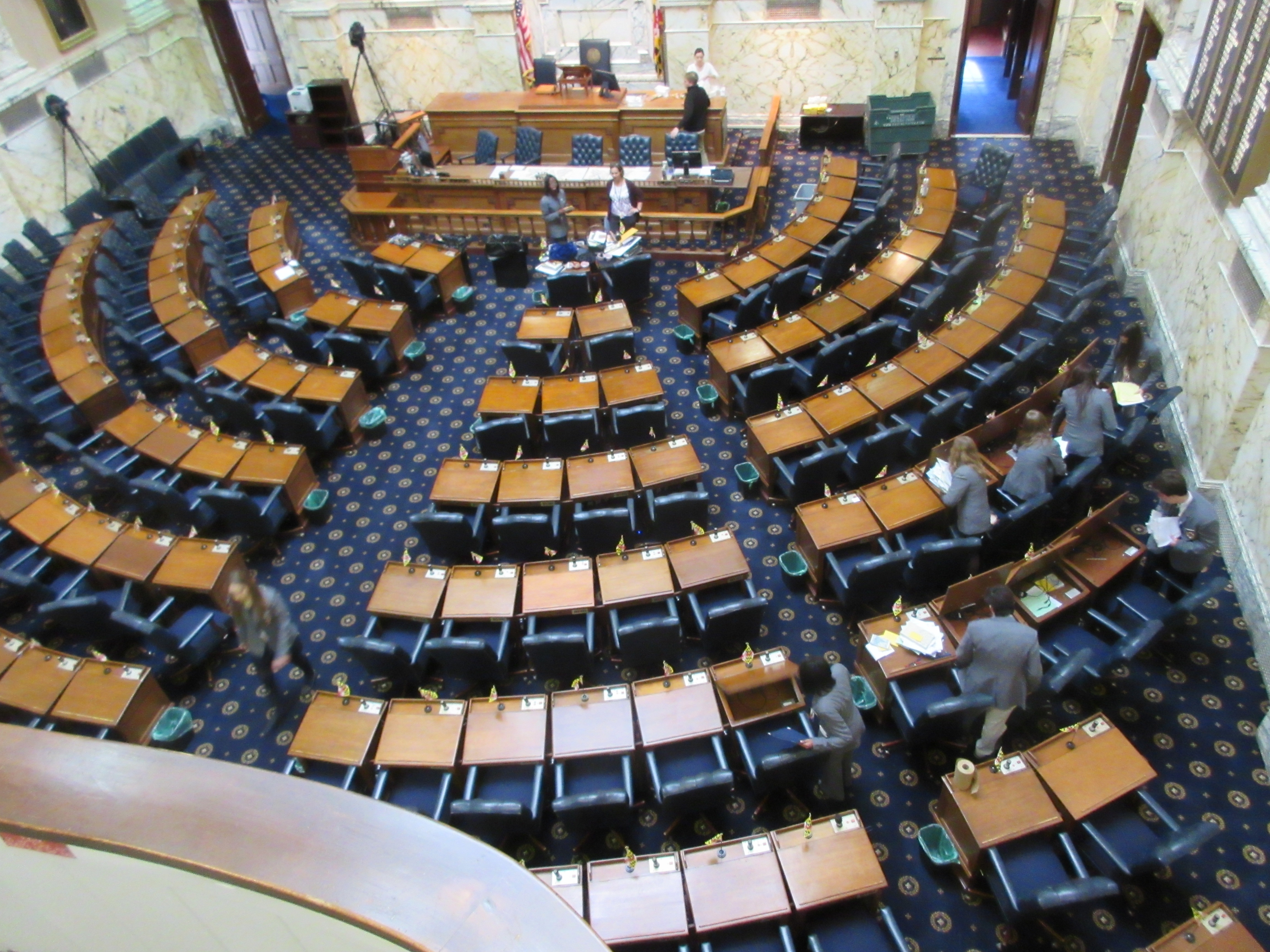
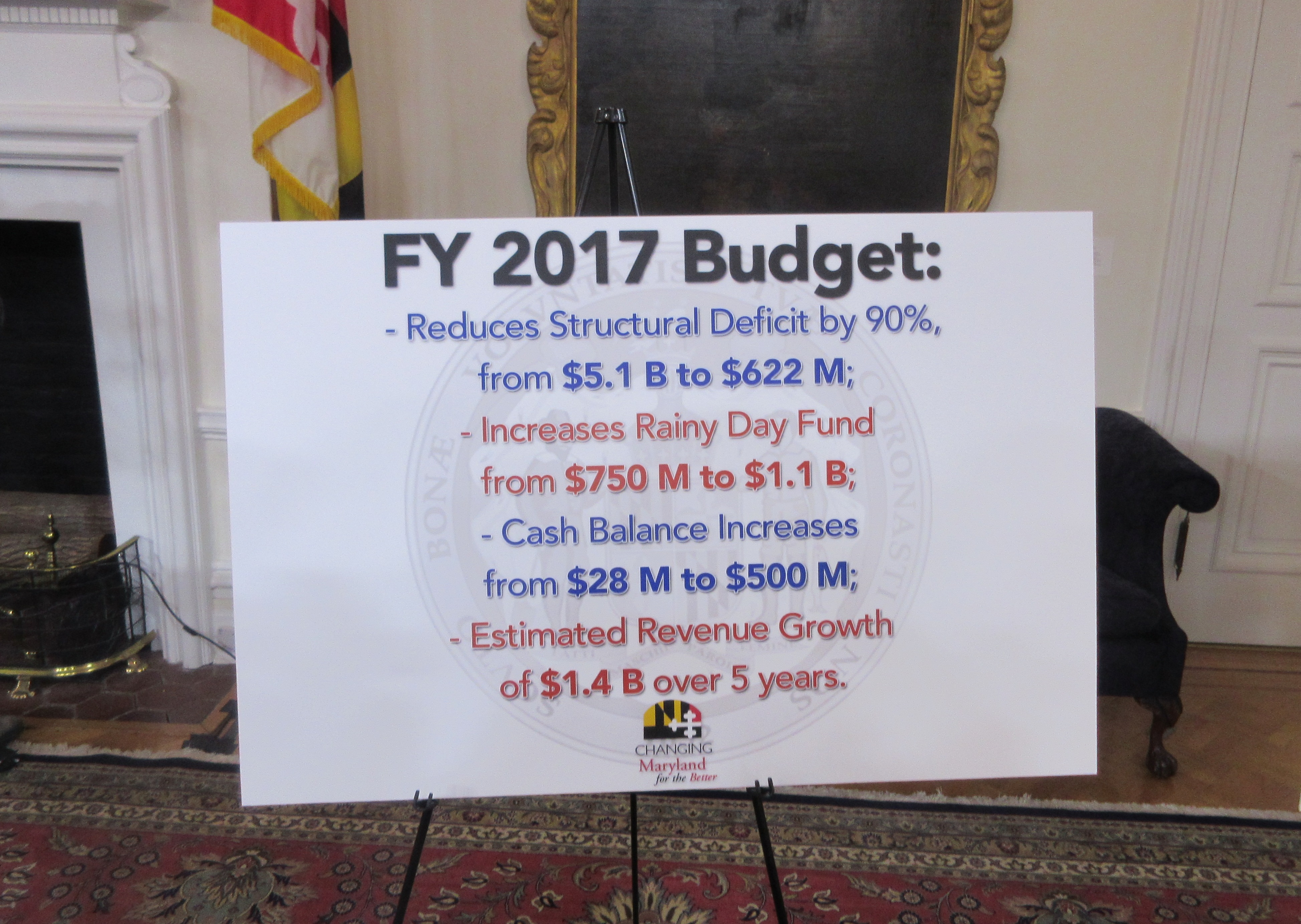
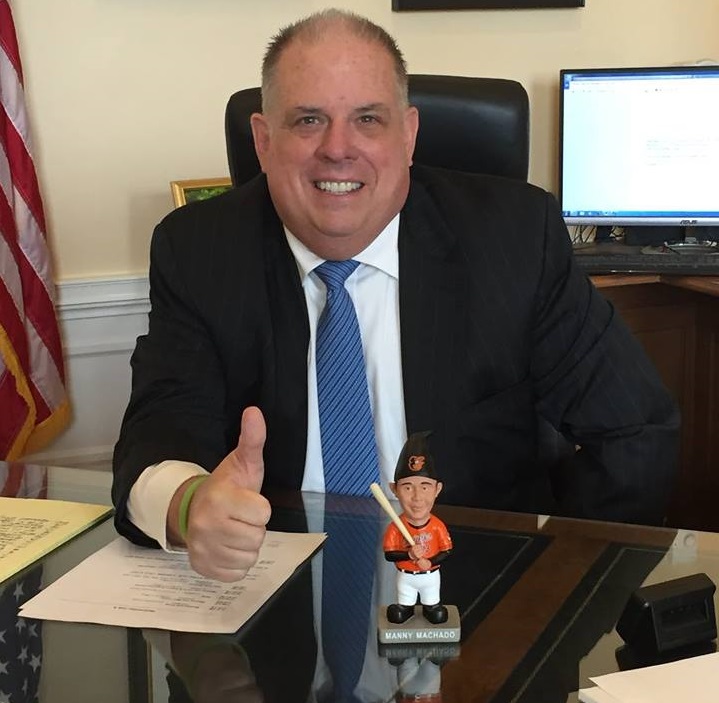
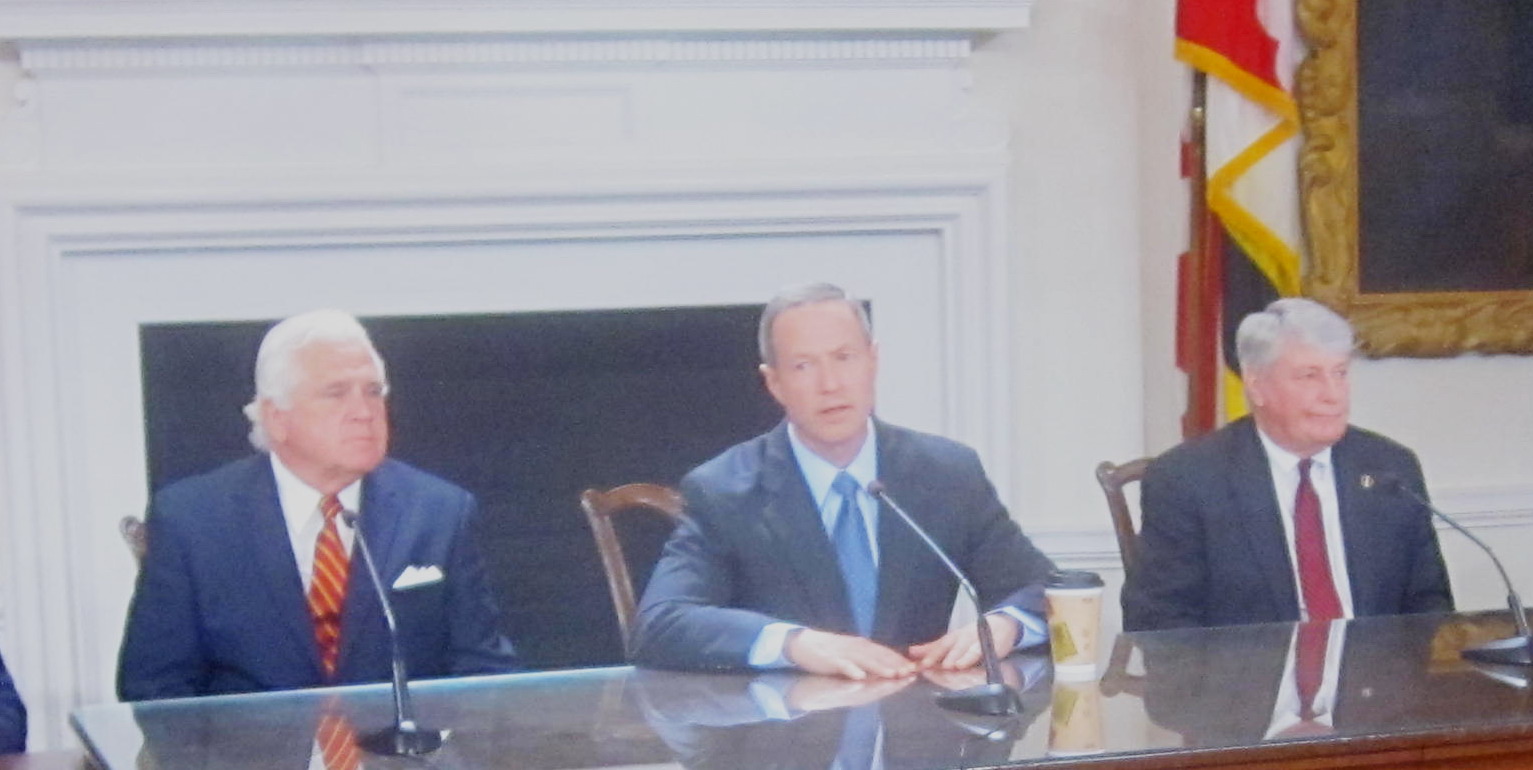
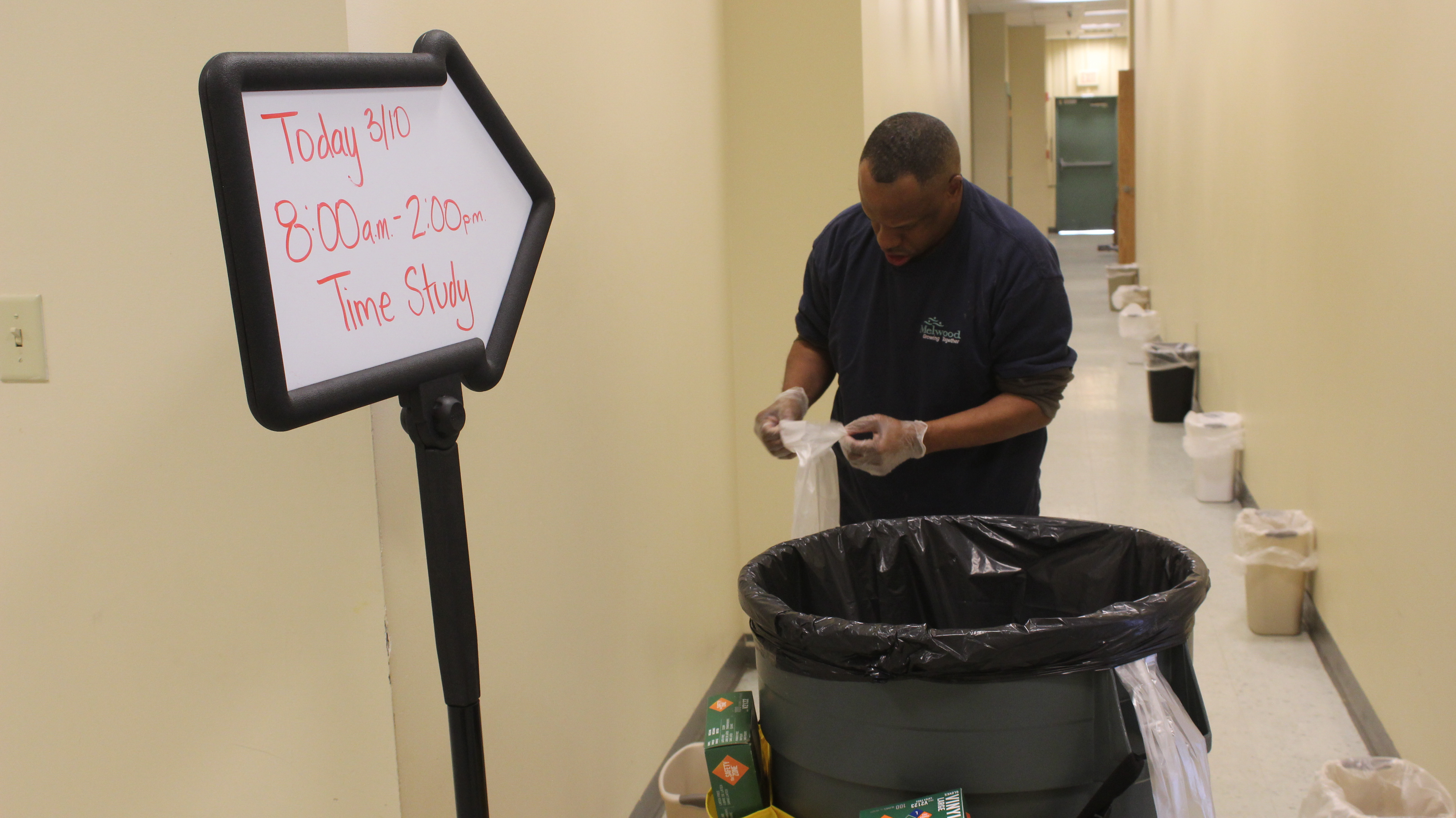

This controversy comes down to whether we are willing to pay the costs of permitting the resident voters of legislative districts to elect the persons of their choice to fill a vacancy that occurs very early in a four year term or just leave it to partisan committees to give their political friends a four year free ride in such an office. Some of us are aware of how the Republican Central Committees in Carroll and Frederick Counties have handled their assigned task. Carroll, after a largely secret process, wanted to make a four year State Senator out of a woman who had been defeated twice (once in the primary and again as a write-in candidate for reelection as County Commissioner) in 2014. Frederick bypassed the woman who had finished fourth in the 2014 primary and, instead, selected the fellow who finished well behind her in fifth place in that primary. It just happened that he had run on the slate that had won most offices in the county (and dominated the central committee) and she was on the opposing slate. So he’s in place to get a four year free ride in the House of Delegates without being elected to anything by the voters in legislative district 4A. The Moon and Miele constitutional amendments are modest attempts to give the electorate some kind of voice in such situations in the future. Because a constitutional amendment would have to be approved by the state’s voters in 2016 and neither bill provides for a special election (which could be done by mail) before the 2018 elections, neither would end the four year free ride for this year’s crop of unelected appointees. But Miele’s (HB806) at least requires that there be special elections in conjunction with the 2020 if vacancies occur soon after the 2018 elections. Moon’s (HB604) would leave any such elections to the whim of local jurisdictions. I am more than willing to pay my fair share of the price for democracy, which is what this is all about.